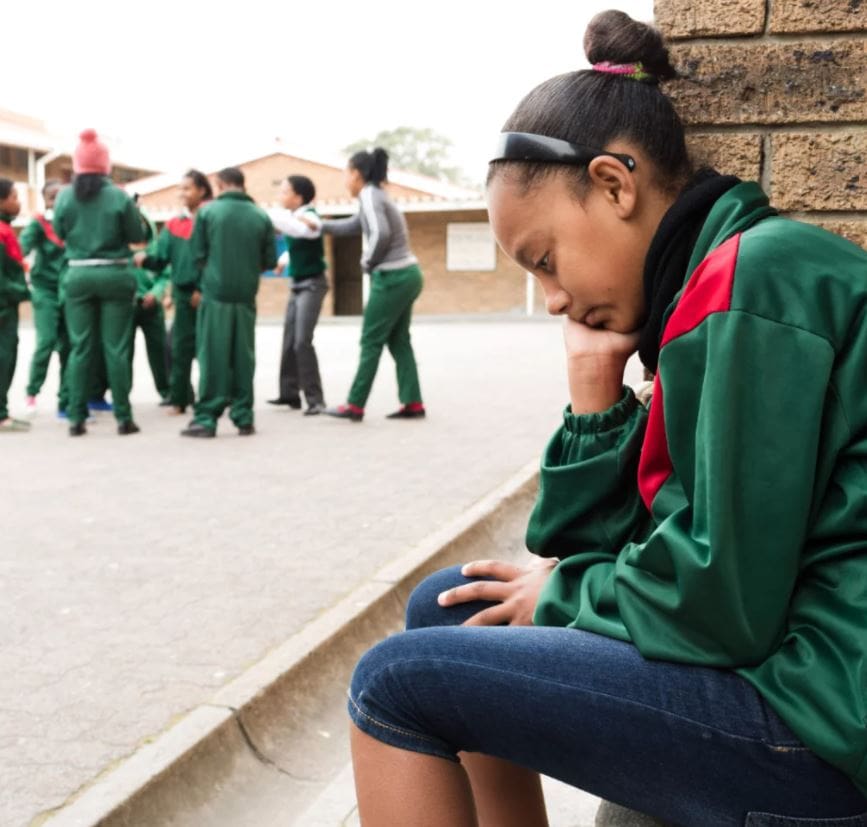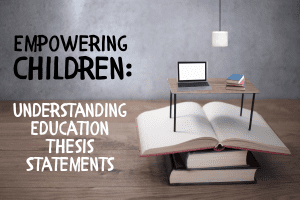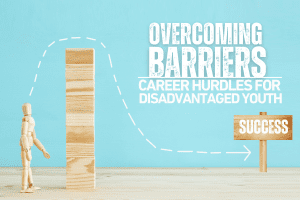The gender gap in education
Article by Dr. Mercy Luguterah, Director and Adjunct Faculty in behavioral sciences at UMUC.
Global events this year have got us all questioning things that we once held to be absolute. Ready or not, we are all being forced to change (hopefully for the better) and to reexamine the reasons we behave the way we do. In so doing, we have come to realize that what we once considered to be “normal” should never have been normal, to begin with.
As an educator, I cannot help but focus on the much-needed change that must be realized in the education sector. As a young girl growing up in Ghana, I was socialized to believe that there was such a thing as a man’s job and a woman’s job. Now we know, that in actuality, there is no such thing.
A job is a job for which the best candidate must be hired based on qualifications and experience, not gender. This means that equal access to training and education is essential. It would be remiss of me if I fail to acknowledge the significant strides that have been made to promote not just the girl-child education but also access to what was once labelled a man’s occupation. leveller.
Research conducted across the globe confirms that women are more educated today than fifty years ago in every country in the world. While it’s exciting to know this, it does not change the fact that there is still a gap, hence, more work to be done.
When we make a case for a narrowing and diminishing existence of the gender gap in education, we are not claiming that girls are better than boys or deserve more than boys. We are simply channeling the fact that all humans have equal rights which must be reflected in every facet of our existence. I know that aiming for the non-existence of a gender gap sounds utopian, but at least it’s worth a try.
Our modern world thrives on education, innovation, and technology. There has never been a better time than now to make the case for education. By this, we are not referring to any type of education but rather the kind that removes obstacles and promotes possibilities.
We might be familiar with the phrase that when we educate a man, we educate an individual, but when we educate a woman, we educate a nation. This age-old saying is true. Let me clarify that the education of a male child is essential and we are not in any way suggesting that this be compromised. What we are echoing here is the need for a realignment of our mindset and a realization of the fact a nation will never discover its full potential until the gender gap is bridged. How do we do this? It starts at the very beginning, by changing our curriculum (from the early childhood curriculum right through the tertiary level) and removing obstacles to education. This means that:
1.We shouldn’t encourage language that labels a particular occupation as a man’s or a woman’s job. Books that young children read should highlight the truth that they can choose any educational path they desire as long as they are up for it.
2. We shouldn’t marry off our girls too quickly as though their sole purpose on earth is to procreate. We should be more interested in their education and guiding them to unearth their highest potential. Marriage by itself is not the highest potential or fulfilment.
3. From the onset, boys and girls must be made to demonstrate mutual respect for each other. It’s not a matter of which gender is better than the other, but rather a call for the recognition of the equal value we both possess.
Especially in African countries, we must remain committed to changing the mindset of our folks so that we can be free from mental slavery and prejudice and begin to realize the full worth of education inclusion. Our world is forever changed and our perception must change too.




